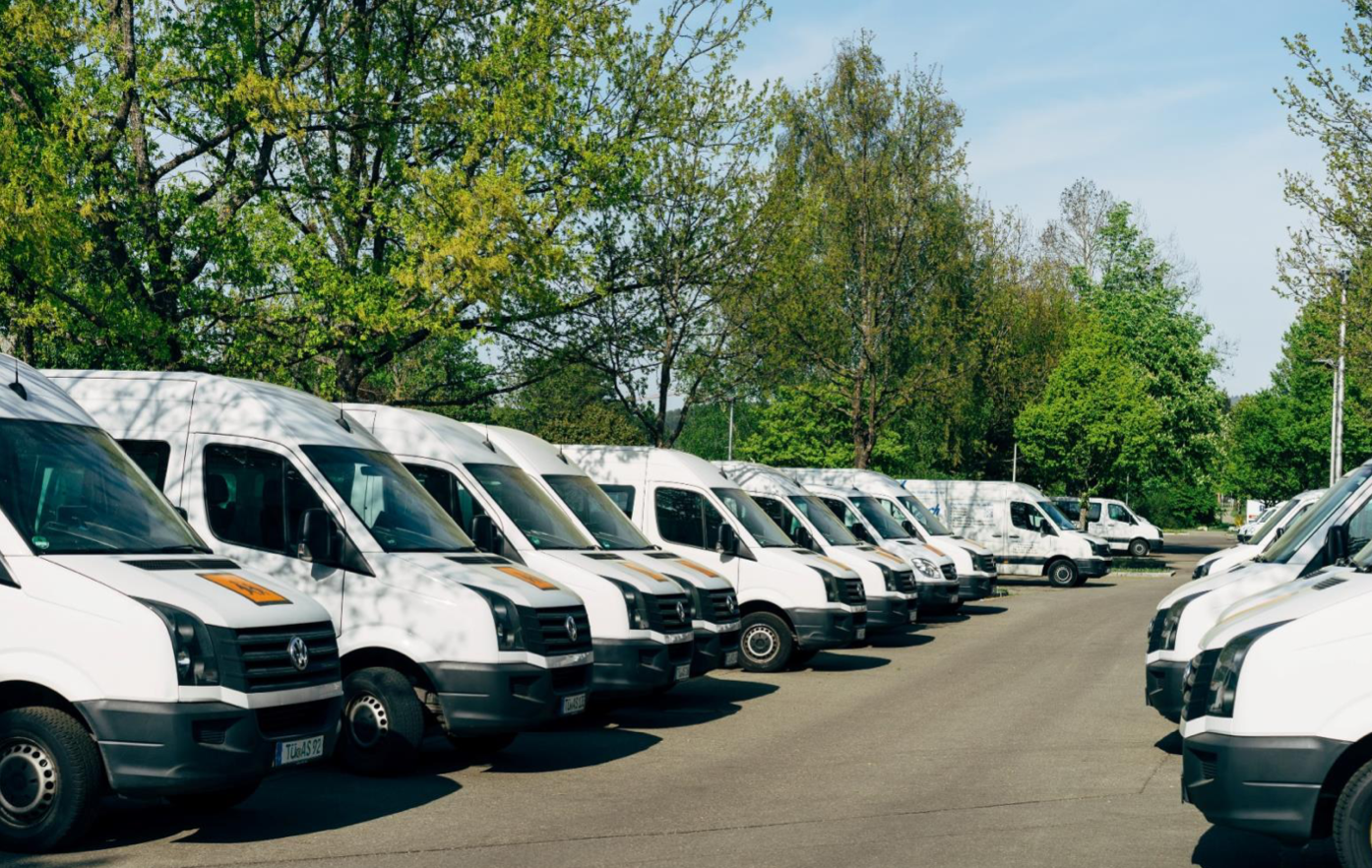
From aspirational claims to scope 4
Telcos have begun to focus on how they can help their customers avoid emissions (scope 4). When reporting these emissions, they must be careful not to ignore rebound effects and or overestimate their contributions to reductions. Telcos should collectively work towards more standardised and evidenced-based reporting.
Telcos are looking to enable customers to avoid emissions – Scope 4
Along with other ICT players, telcos have long realised that their services are potential enablers of ‘doing good things’ for their customers. Most recently, operators have sought to highlight not only the Greening of telecoms, but also Greening with telecoms. The enablement effect of telecoms operators’ services to support customers’ own sustainability goals, and help them avoid emissions, is frequently reported and even quantified by some operators.
What are scope 4 emissions?
Some operators have started referring to this customer enablement as ‘Scope 4’ emissions. By doing so, they are signalling the desire to report reductions in customer emissions achieved through enablement in the same way as they report scope 1,2 and 3 emissions from their own operations. There is also the sense that by using the term, operators are trying to draw on the legitimacy of scope 1,2 and 3. But the standards established in reporting those categories of emissions have not yet been established for scope 4.
There are three big issues with today’s enablement reporting practices that must be addressed or risk accusations of greenwashing:
1. Many of the enablement claims made are optimistically modelled or projected reductions in emissions rather than evidenced actual reductions achieved. An example of this is home-working. Operators often claim vast reductions in customer emissions (mainly through reduced commuting) from home-working, but rarely consider negative impacts, such as more home heating. The evidence is that, in practice, emissions reduction from homeworking are marginal at best, with a number of studies reporting the opposite (see also Pitfalls of emissions enablement). In reporting enablement emissions reductions, operators need to ensure that they are deriving the net impacts and base their figures on actuals.
2. Operators generally only contribute part of the enabling solution (typically only one, connectivity). Even where the telco is the lead provider, other solution components will be provided by other. In some cases, the telco’s contribution may be a small fraction of the solution (in terms of both cost and capabilities). Furthermore, customers may need to take risks on a range of investments to achieve the targeted outcomes: implement changes in procedures and build new skills. In these cases, for an operator to claim the full emissions reduction seems disproportionate.
3. If operators are going to claim the positive impact of their services on customer emissions, shouldn’t they also report the negative impacts too? Shouldn’t they provide balanced reporting that also covers how their services enable high-emission customer practices to persist – and indeed thrive. This is referred to as the rebound effect.
Validity of common operator enablement claims

Individual operators and the industry in general could start with these four fixes
1.Clarify and formalise the definition of telco-enabled customer emissions reduction (scope 4). What can be included, what should not. Ideally, this should be a common definition across the industry. To kick things off, we suggest the following:
2.Adopt actual evidenced-based emissions data. If you must derive estimates, use cautious assumptions and clearly state these as modelled projections. State key assumptions and explain rationale. Subtract the emissions generated in creating the enablement solution. Report net figures.
3. Only claim the share of the emission savings that are proportionate to your contribution. Where it is not possible to determine the relevant share, we suggest the following default allocation:
- Where the operator has provided the end-to-end solution, claim 100% of the net emissions reduction
- Where the operator has provided over half the solution (by component cost), claim 50% of the net emissions reduction
- Where the operator has provided a minor part of the solution (e.g. managed connectivity), claim 10% of the net emissions.
4. Include (an estimate of) the potential negative emissions impacts. This does not need to be evidenced or modelled extensively but should be covered, along with any operator initiatives to address this. The discussion will bring balance and legitimise the claims.
Green fleet management: an opportunity for telcos?
Sustainability is a key focus for operators and their enterprise customers. The growing focus on sustainability is opening new ways for telcos to offer enablement services. This article explores the role of telcos in offering fleet management enablement services.
Smart farming & agriculture: What is smart farming and why is it relevant for telcos?
The agricultural industry is a large contributor to global carbon emissions. According to the IPCC, agriculture, forestry and other land-use accounts for 24% of greenhouse gas emissions globally, the second largest industry contribution after electricity and heat production. Efficiency gains made within this industry will therefore have a major impact in the global transition towards net zero emissions.
Telcos can do more to drive mobile e-waste solutions
This article will focus specifically on the issue of E-waste and will explore the potential of telco-driven E-waste solutions.




